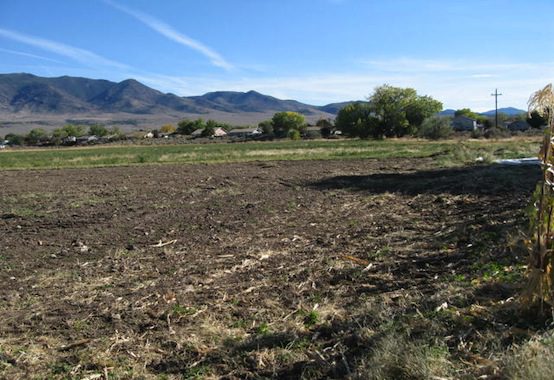A “Rural Renaissance”?

In the course of progress as it’s defined by Big Government and Big Markets, certain ways of life, however honorable and productive on their terms, are gradually cast aside. For a long time, the family farm — and rural life more broadly — seemed to be on that list.
As Wendell Berry wrote in 2002, this relentless attrition has been both cultural and economic:
The industrial and corporate powers, abetted and excused by their many dependents in government and the universities, are perpetrating a sort of economic genocide — less bloody than military genocide, to be sure, but just as arrogant, foolish, and ruthless, and perhaps more effective in ridding the world of a kind of human life. The small farmers and the people of small towns are understood as occupying the bottom step of the economic stairway and deservedly falling from it because they are rural, which is to say not metropolitan or cosmopolitan, which is to say socially, intellectually, and culturally inferior to “us.”
But hold on?
Chrystia Freeland has a somewhat heartening feature in the Atlantic about a “renaissance” of rural life sparked by booming business for farmers. I say “somewhat” because these are large-scale family farmers — Freeland’s father owns 3,200 acres and rents another 2,400 in Alberta, Canada — who, I would wager, don’t meet the Berry standard of sustainability. Plus there’s the fact that behind this Farm Belt boom are many (shall we say) booming appetites abroad.
Freeland:
“The single most important factor in all of this is the changing diet in the emerging markets,” [agricultural consultant Chris] Erickson told me. “If people there go from earning $2 a day to $3 a day, they aren’t going to buy a Mercedes, but they are going to buy a piece of chicken or a piece of pork.” That translates into surging prices for feed grains like corn, soybeans, wheat, and canola, and surging farm incomes around the world.
While the escape from extreme poverty is certainly nothing to bemoan, one can’t help but suspect that increasing rates of obesity won’t trail too far behind.
Still, I think Freeland’s “rural renaissance,” such as it is, is heartening in this respect: It augers for at least a partial reversal of the long — and, we now know, immiserating — trend toward financialization that I’ve written about previously.
Hedge fund honcho Jim Rogers tells Freeland:
“Throughout history, we’ve had long periods when the financial sectors were in charge,” he said, “but we’ve also had long periods when the people who have produced real goods were in charge — the farmers, the miners … All of you people who got M.B.A.s made mistakes, because the City of London and Wall Street are not going to be great places to be in the next two or three decades. It’s going to be the people who produce real goods.”
In any case, do check out the whole article.
Comments